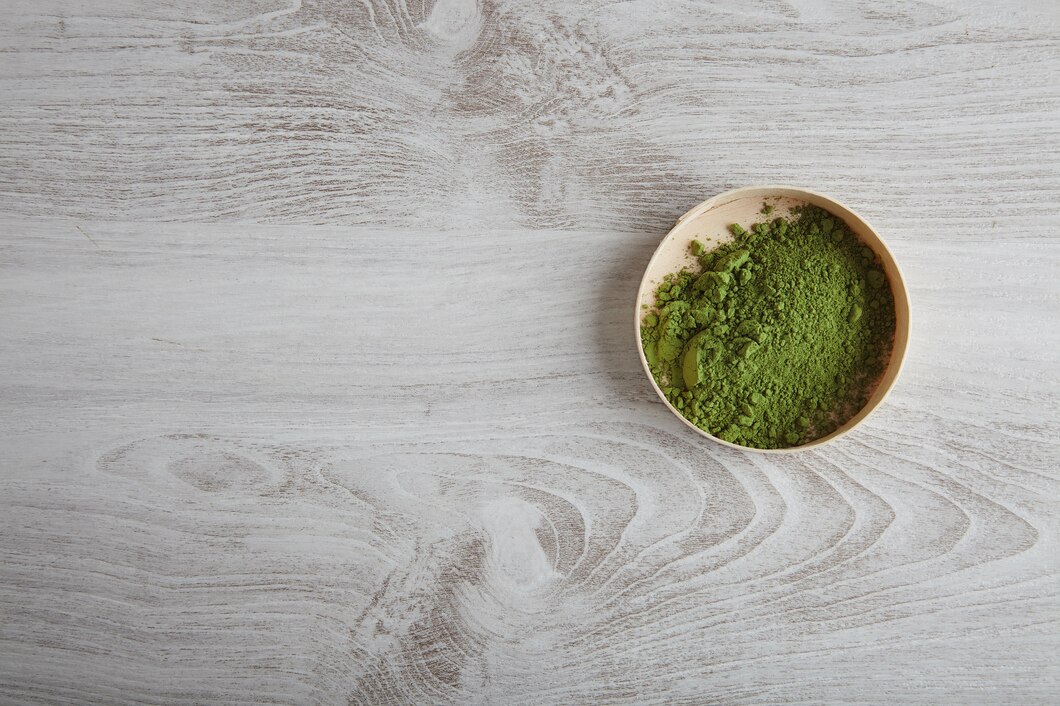Spirulina is a type of blue-green algae that has gained popularity as a superfood due to its rich nutritional profile. It is packed with various nutrients and bioactive compounds, leading to several potential health benefits. Here are some of the key health benefits associated with spirulina consumption:
- High Nutrient Content:
- Spirulina is a rich source of essential nutrients, including protein, vitamins (such as B vitamins and vitamin K), minerals (such as iron and copper), and essential fatty acids.
- Powerful Antioxidant Properties:
- Spirulina contains a range of antioxidants, including phycocyanin and beta-carotene. These compounds help neutralize free radicals in the body, reducing oxidative stress and inflammation.
- Anti-Inflammatory Effects:
- The antioxidants and anti-inflammatory properties of spirulina may contribute to reducing inflammation in the body, which is associated with various chronic diseases.
- Supports Heart Health:
- Spirulina may help lower blood pressure and reduce cholesterol levels, contributing to cardiovascular health.
- Boosts Immune System:
- Spirulina has immunomodulatory effects, potentially enhancing the activity of immune cells and improving the body’s defense against infections.
- Detoxification:
- Spirulina has been suggested to aid in the removal of heavy metals and toxins from the body, acting as a natural detoxifier.
- Supports Weight Management:
- The high protein content in spirulina can contribute to a feeling of fullness, potentially aiding in weight management by reducing overall calorie intake.
- Blood Sugar Regulation:
- Some studies indicate that spirulina may help regulate blood sugar levels, making it potentially beneficial for individuals with diabetes or those at risk of insulin resistance.
- Muscle Endurance and Recovery:
- Spirulina supplementation has been associated with improved exercise performance, increased muscle endurance, and faster recovery due to its nutrient and antioxidant content.
- Allergies and Rhinitis:
- Spirulina may have anti-allergic properties, potentially reducing symptoms associated with allergic rhinitis.
- Brain Health:
- Preliminary research suggests that spirulina may have neuroprotective effects, possibly contributing to improved cognitive function and protection against neurodegenerative diseases.
It’s important to note that while spirulina offers various potential health benefits, individual responses may vary, and more research is needed to establish some of these effects conclusively. As with any supplement, it’s advisable to consult with a healthcare professional before incorporating spirulina into your diet, especially if you have existing health conditions or are taking medications.

